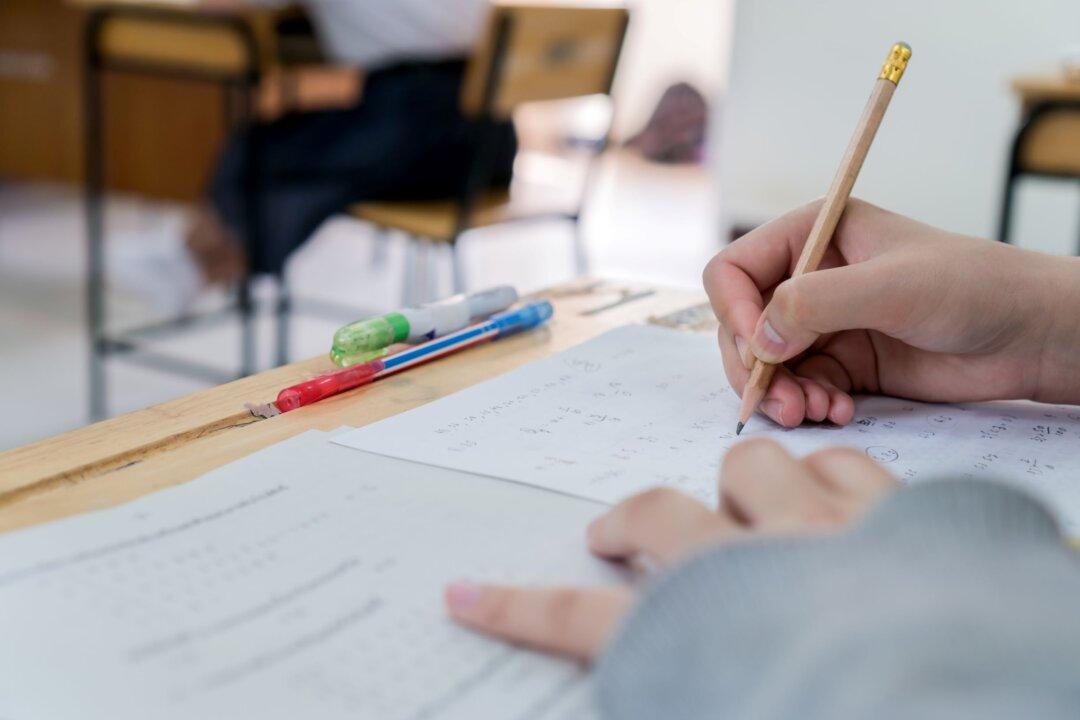A Florida bill would permit students to record classroom lectures without a professor’s consent for proof if they suspect they are pushing political bias.
House Bill 233 (pdf), which currently requires the signature of Florida Gov. Ron DeSantis, would allow students to record lectures so long as it’s for their own personal educational use, or if they want to use the recording as evidence in a civil or criminal case against their school.





